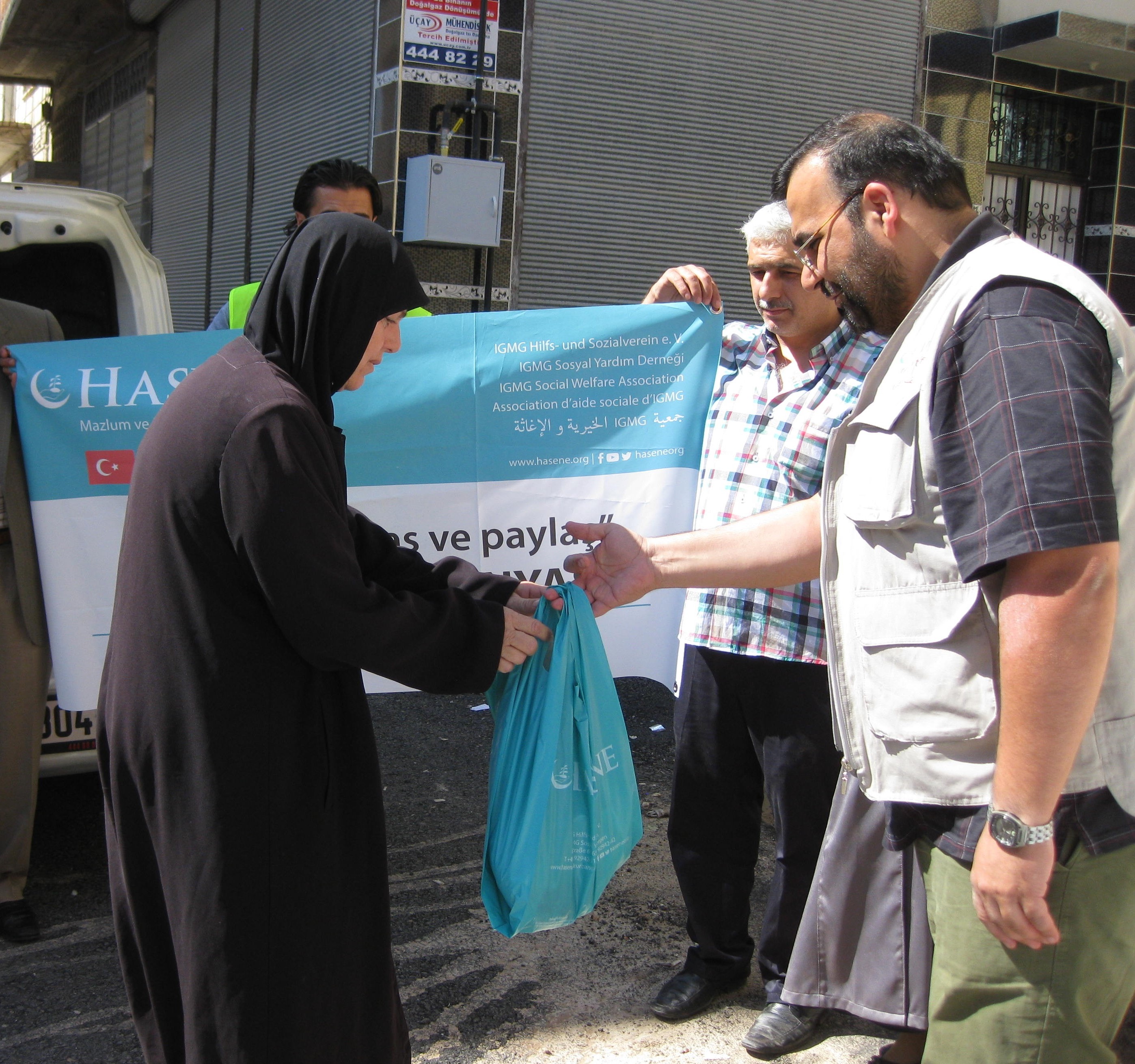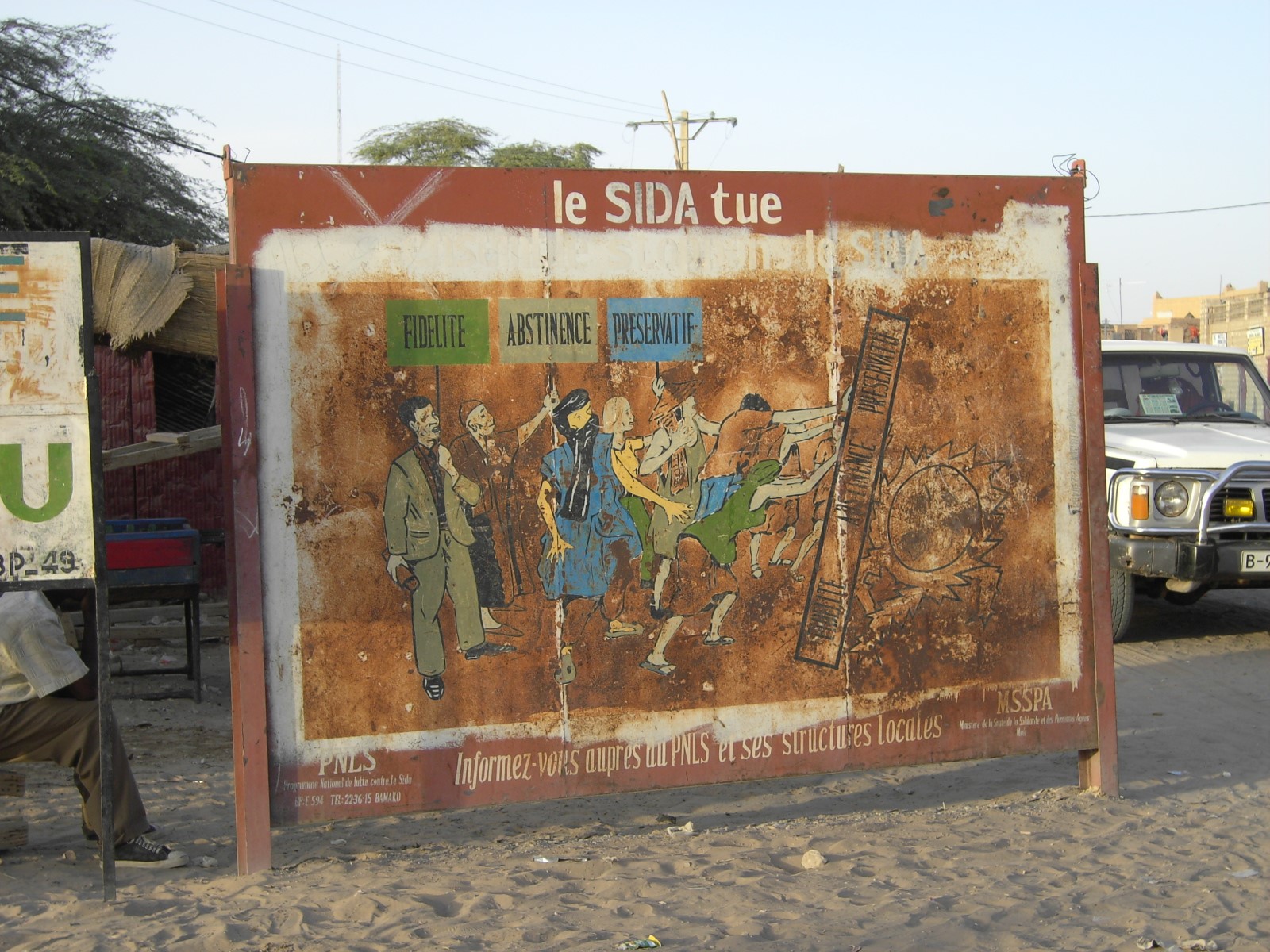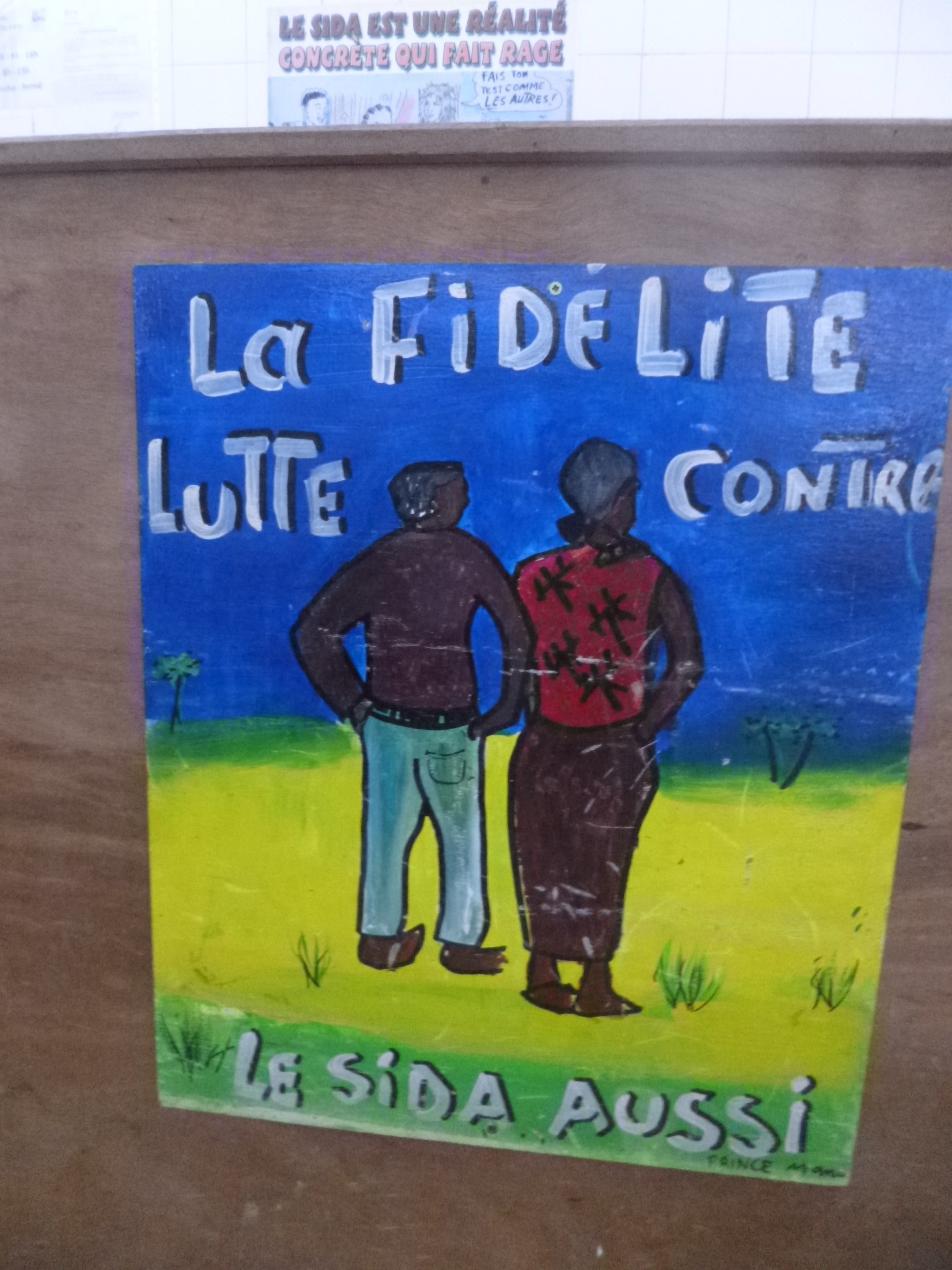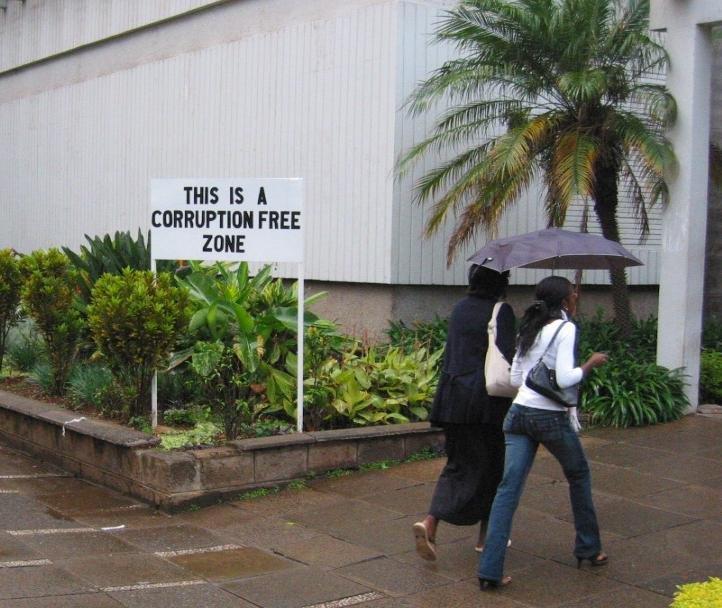Moralities
Principal Investigators:
- Prof. Dr. Martina Drescher, Romance & General Linguistics
- Prof. Dr. Eberhard Rothfuß, Social Geography
- Prof. Dr. Eva Spies, Study of Religion (Spokesperson of the Research Section “Moralities”)
Members:
- Ibrahim Bachir Abdoulaye, Religious Studies
- Hamissou Rhissa Achaffert, Religious Studies
- Prof. Dr. Akinmayowa Akin-Otiko, Religious Studies
- Prof. Dr. Fatoumata Badini-Kinda, Sociology
- Prof. Dr. Yacouba Banhoro, Contemporary History
- Dr. Bouma Fernand Bationo, Social Anthropology
- Dr. Oumarou Boukari, Romance Linguistics
- Dr. Ademola K. Fayemi, Philosophy
- Valerie V.V. Gruber, Social Geography
- Laura Guadagnano, Linguistics
- Prof. Dr. Eunice Kamaara, Religious Studies
- Prof. Dr. Uchenna Okeja, Philosophy
- Prof. Dr. Livio Sansone, Sociology and African Studies
- Prof. Dr. Paula Schrode, Study of Religion
- Prof. Dr. Jean-Benoit Tsofack, Linguistics
- Prof. Dr. Mahaman Sanoussi Tidjani Alou, Political Science
- Dr. Tyler Zoanni, Anthropology
- Adama Drabo
Ongoing research projects:
- Health discourses as moral communication? Linguistic case studies from Côte d'Ivoire and Cameroon - Drescher, Boukari, Tsofack
- Religious engineering – the making of moralities, development and religion in Niger - Spies, Schrode, Tidjani Alou
- Moral Geographies of Re-Existence - Rothfuß, Sansone, Gruber
- Fluid Ontologies of Contestation. Social media, anti-government protest and transnational decolonization movements in Burkina Faso
- "Globalization and health policy in West Africa" - Yacouba Banhoro (History, University Joseph Ki-Zerbo, Burkina Faso), Illy Ousseni (Law, University Ouaga 2, Burkina Faso)
- Judicial Institutions and Teenagers/Young people in Burkina Faso: «Life outside, inside and outside prison". A construction of the social trajectories of teenagers and young people incarcerated and released from detention centres in Burkina Faso. Bouma Fernand Bationo
- Research Ethics Governance in Burkina Faso, Kenya, Nigeria, and South Africa
- Politics of the Unknown: Conspiracism and Conflict
- Sexualities, Political Orders and Revolutions in Africa - Debele
- African Studies without Ethics Dumping: An Integrative Study of Research Ethics Governance in Burkina Faso, Kenya, Nigeria, and South Africa. - Fayemi, Akin-Otiko
- “Changing Life Projects: African Identities, Moralities and Wellbeing” – now branded the African Identities, Moralities & wellbeing Project (AIM Well) PI – Eunice Kamaara (Ethics) , CoPI- Eric Masese, (Sociology) from Moi University
- Les Sources Endogènes de Dialogue et de Paix contre le Terrorisme
- Biographies and Liberation: Life Writing in Transversal Perspectives
- Locating the Albatross in Women’s Political Participation
Activities:
- 29.01.20 - 31.01.2020: Talking moral talks with Dr. Joe Spencer-Bennett
The objective of this RS is to study modes of “doing ethics” in contexts where questions of well-being and societal transformation are at stake, especially in fields characterised by transnational interactions such as development, social/religious movements or international justice. We understand morals or ethics not as given principles or rules, but rather explore the processes of how moral concerns, claims, and value judgements emerge, gain recognition or cause conflict. Here, we analyse processes of communicating, negotiating and practising moralities, and we study the different modes of relating, such as collaboration, rejection or non-recognition through which moral positions arise and take shape.
Searches for transformation on the African continent are shaped by a high frequency of interventions by international experts and organisations of all kinds, as well as the many national and civil society initiatives to improve everyday life. Against this background, the RS wants to study how, in the course of such activities, different moral claims, concerns, and judgements emerge, and how they influence issues of public interest, and questions of societal transformation and future-making. We study the coexisting, sometimes overlapping and frequently conflicting moral demands, worries and evaluations as expressions of multiplicity, and thus set out to analyse the historical, contemporary, and potential, imagined and personal, national and transnational relations through which they take shape. We will focus on fields such as (inter-)national jurisdiction, (trans-)national social and religious movements, and international development, investigating for example negotiations around the cooperation with the International Criminal Court, or moral communication and religious practices seeking to transform the nation.
Moralities are frequently understood as given ethical principles or socially approved codes of conduct. The RS, however, conceives of moralities as continuously constituted in and through social and socio-material, often asymmetrical relations. In this sense, we want to study historical and ongoing processes of doing ethics, i.e. the relational processes through which moralities emerge. According to this praxeological understanding, our focus is on human activities that deal with evaluations and judgements—notions of fairness, well-being, and the right or wrong ways to act and live a good or bad life—as well as their recognition and/or rejection. As such, we want to explore the role that different modes of “doing ethics” play in shaping and influencing societal transformations and future perspectives. Here the RS is especially interested in conflictual modes of doing ethics in contexts of historical, contemporary and future agencies and (power) relations. Tackling these questions, we propose to elaborate our praxeological approach in order to contribute to a better under-standing of the relational processes that are of key interest in in the cluster as a whole.
Objectives
Our notion of moralities as “doing ethics” mirrors our focus on the processuality and emergence of ethics in social interaction. The RS pursues two central objectives: first, to describe and analyse modes of doing ethics, and second, to examine the ways these shape, and are shaped by, processes of social transformation and future-oriented perspectives.
In pursuit of our first objective, we will study processes of doing ethics in fields characterised by competing, overlapping or coexisting moral claims and judgements. By focusing on how people communicate, negotiate and practice moralities we aim to study how different modes of relating, such as cooperation, appropriation, rejection or disavowal, pro-duce different moral concerns, criteria and judgements. Here we are especially interested in situations of disagreement, including claims of moral incompatibility and incommensurability; i.e., the impossibility of translating one’s moral criteria and practices into the categories of others. For example, the refusal to translate religious concerns into the bureaucratic and legal rules of the nation state or to adopt behavioural norms advocated by international NGOs.
Our second objective is to scrutinise the connection between modes of doing ethics and social transformations, and to find out, for instance, how public moral claims and processes of exclusion or contestation relate to inequalities, changing power relations and emerging forms of alternative sociality. Thus, with a focus on contexts of transformation, we will be particularly attentive to the power relations from which moralities emerge, and which they might change.
Altogether, we aim to develop a joint, interdisciplinary approach to relational processes of emerging moralities within public discourses, institutions, and material practices.
Work Programme
The work programme of our RS is guided by the combination of three methodological takes: communicating, negotiating and practicing moralities. Moreover, it is organised according to our common focus on situations characterised by initiatives and interventions of new African and non-African actors, in which competing and overlapping moral claims and judgements emerge. In particular, we will study contexts affected by the interventions of transnational agencies (e.g. individual actors, organisations, new judicial regulations or material infrastructures). Interdisciplinary teams will focus on conflictual relations wherein moralities shape, and, at the same time, are shaped by situations of change; and in which they thus tend to become explicit as they are contested, excluded, appropriated, and sometimes imposed and prescribed.
The perspective of communicating moralities starts out from the premise that morality is communicatively constituted. This approach will be of particular use in the study and conceptualisation of the role of speech (acts) in the sphere of public discourse, for example in studies on the communicative construction of health, sexuality and gendered moralities in the context of pandemic discourses, including (inter-) national sensitization campaigns.
The focus on negotiating moralities offers an original access to processes of doing ethics in institutional contexts, for example, courts of justice, reconciliation commissions or charity organisations. Here we are especially interested in the questions of when and how different stakeholders bring in and bargain over moral claims and judgements in these contexts, how these are made explicit and enforced, and at what points they influence public debates on transformation. Practising moralities will provide access to the materiality and situatedness of doing ethics, and thus to actors and agencies, and the roles that bodies, objects, spaces and infrastructures play in producing and shaping tacit and more explicit moralities. Studying for example international development interventions or religious/social movements we ask how moral concerns, criteria and judgements are established and expressed in and through material practices which strive to bring about “the good life”, and/or change.





